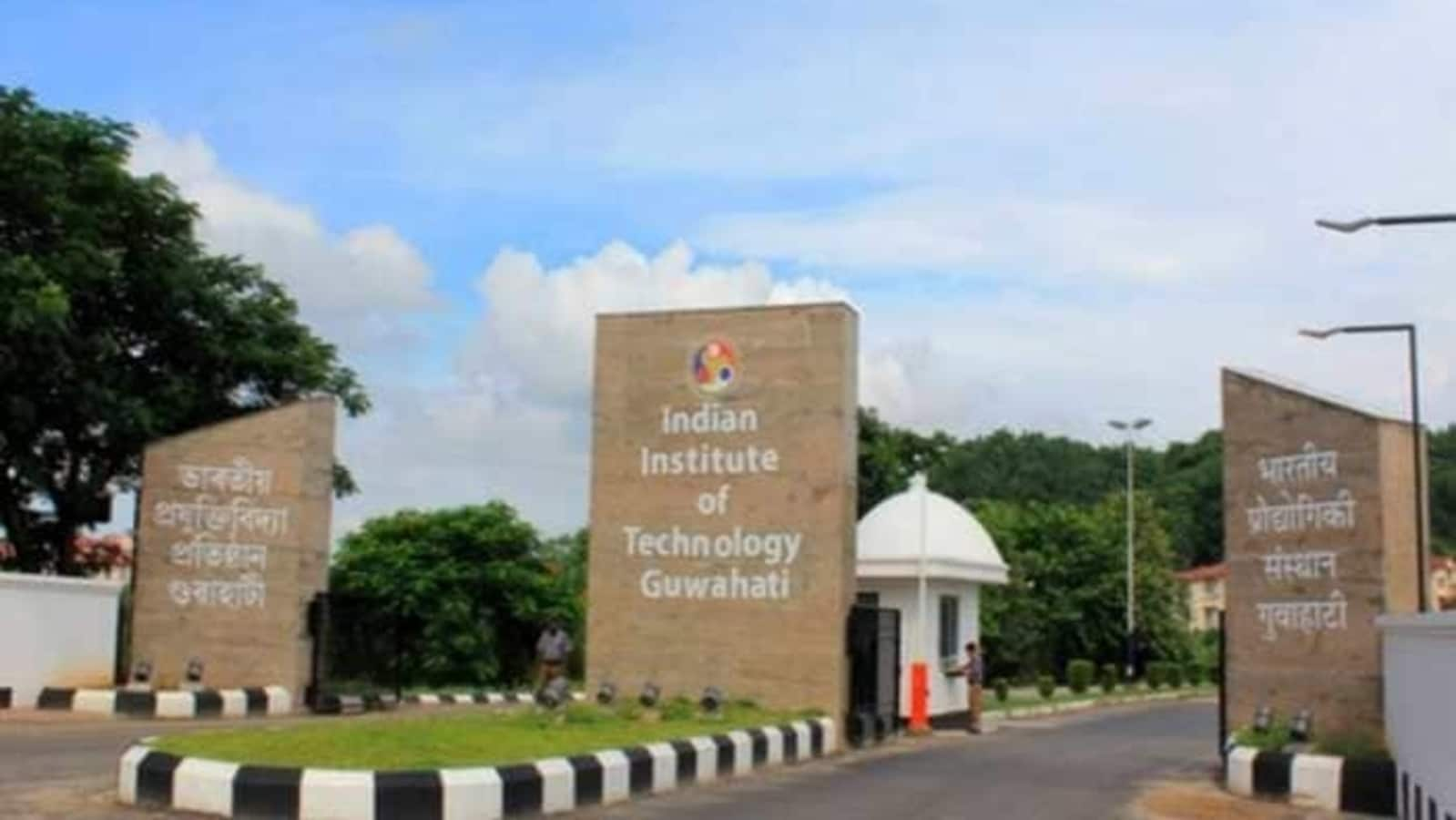Researchers from the Indian Institute of Technology Guwahati (IIT Guwahati) and Stellenbosch University, South Africa, in collaboration, made some interesting findings about the quantum nature of gravity.
The research, led by Dr Bibhas Ranjan Majhi, Associate Professor, Department of Physics, IIT Guwahati, and Dr Partha Nandi from Stellenbosch University, South Africa, focuses on gravity-induced entanglement (GIE). The results of this research have been published in the journal Physics Letters B.
The research aims to understand how gravity behaves at incredibly small scales, such as those of atoms and subatomic particles, where existing theories begin to fall apart.
Read also: IIT Madras researchers develop AI-powered ultrasound scanner for diagnosing sports injuries
Dr Majhi and Dr Nandi’s research takes an approach to studying how gravity can lead to entanglement, a quantum mechanical phenomenon in which two particles become linked, such that the state of one affects the other, regardless of the distance between them. The concept of gravity-induced entanglement proposes that under certain conditions, gravitational forces can create this quantum connection, revealing a quantum aspect of gravity, the press release said.
“We have developed a theoretical framework that connects a two-dimensional quantum harmonic oscillator with gravitational waves (ripples in spacetime caused by massive objects such as black holes). This approach circumvents the limitations of classical communication methods and explores whether quantized gravitational waves can induce entanglement. Our findings show that while classical gravitational waves do not generate entanglement, the quantum version of these waves does, at the second order of gravitational perturbation,” said Dr Majhi.
If gravity-induced entanglement can be detected using gravitational wave detectors, it could provide the first evidence that gravity operates at the quantum level. Such a discovery could unlock other cosmic mysteries, such as the nature of dark matter and dark energy, two enigmatic components that make up most of the universe but are still poorly understood, IIT Guwahati reported.
Read also: IIM Lucknow research reveals key factors influencing menstrual cup adoption
Disclaimer:
The information contained in this post is for general information purposes only. We make no representations or warranties of any kind, express or implied, about the completeness, accuracy, reliability, suitability or availability with respect to the website or the information, products, services, or related graphics contained on the post for any purpose.
We respect the intellectual property rights of content creators. If you are the owner of any material featured on our website and have concerns about its use, please contact us. We are committed to addressing any copyright issues promptly and will remove any material within 2 days of receiving a request from the rightful owner.

